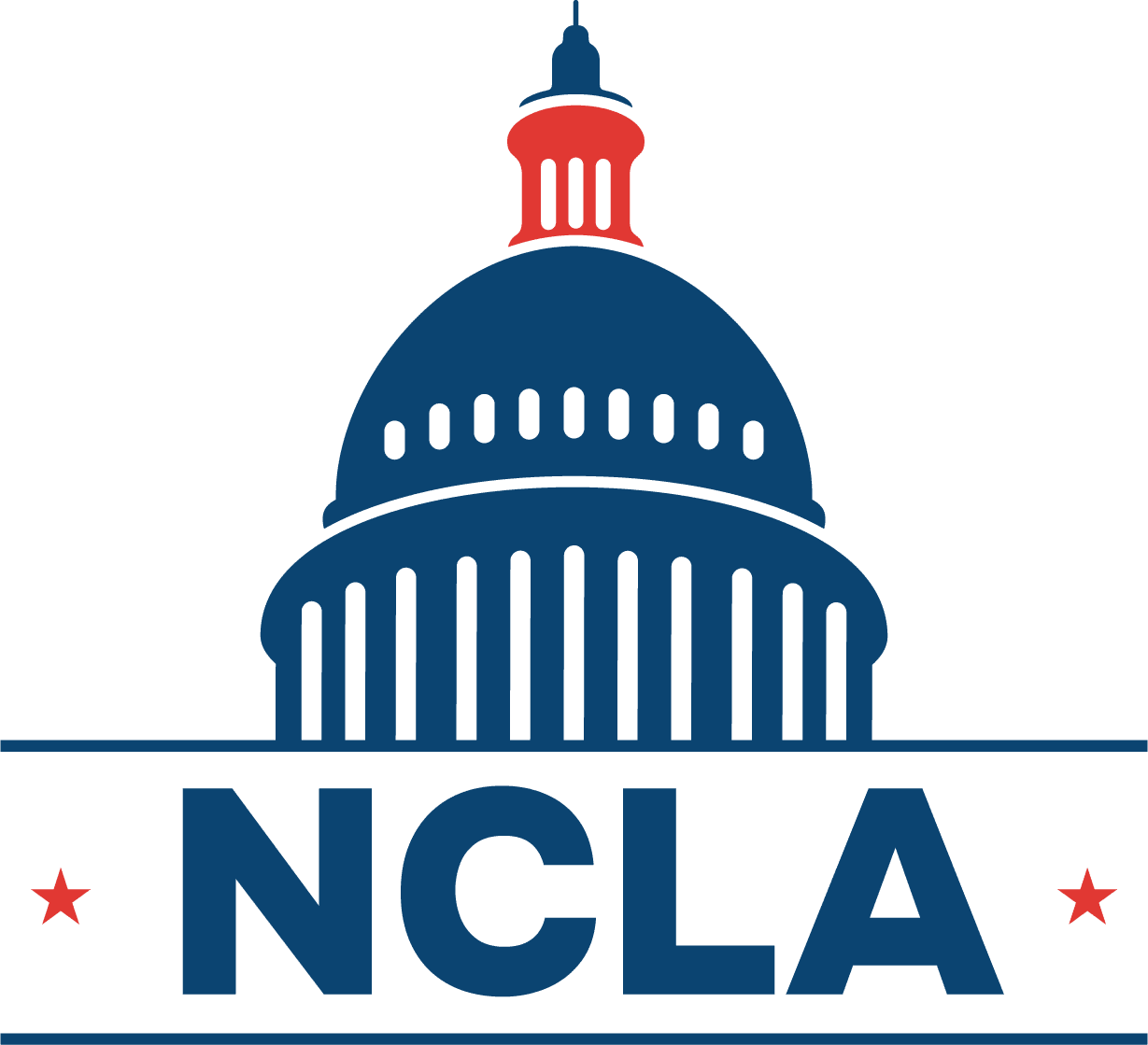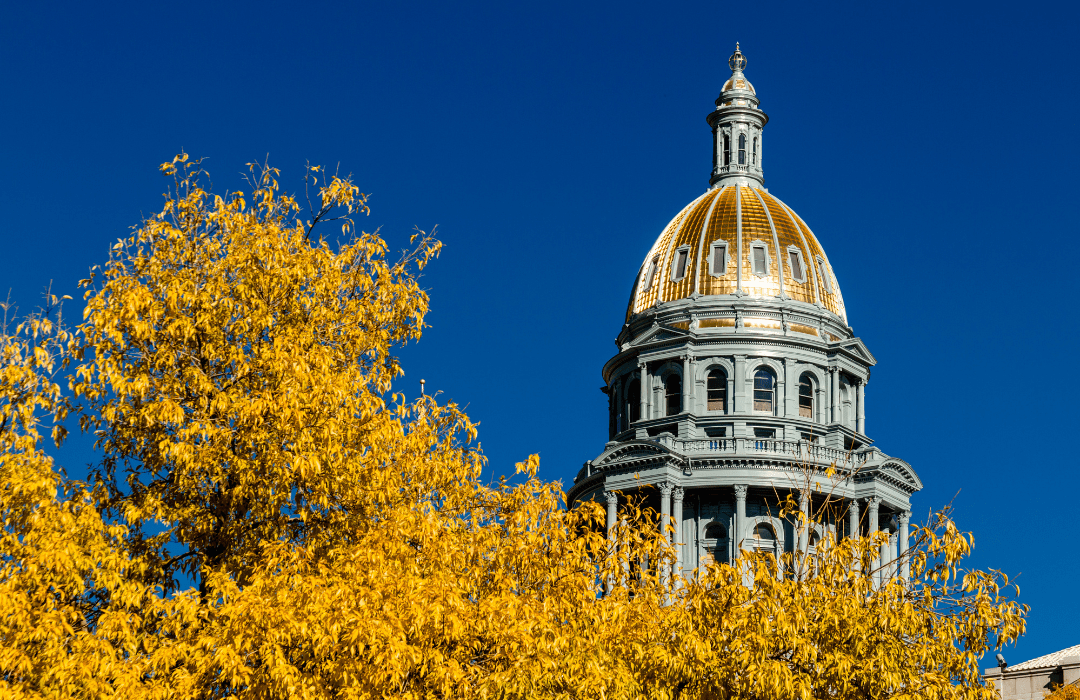As the Colorado General Assembly reconvened for its 2024 session, the political landscape sizzled with anticipation. The halls of the Capitol echoed with the buzz of lawmakers, lobbyists, and activists, each vying to shape the state’s future. Against this backdrop, we delve into the dynamics, priorities, and challenges that define this legislative season and the priorities of the Northern Colorado Legislative Alliance.
Political Dynamics in Play / Acrimony and Bipartisanship
The partisan divide remains pronounced with a near Democrat super majority in the legislature but tension within the majority caucus. Beneath the surface, leaders are yearning for collaboration. Governor Jared Polis, well into his second term, seeks common ground. His recent State of the State address was part victory lap, celebrating milestones, while also setting the stage for contentious debates on land use, taxes, and housing.
On the opening day of the 2024 session, both House Speaker Julie McCluskie and Senate President Steve Fenberg emphasized the importance of civility and respectful dialogue in their remarks. Amidst the backdrop of recent political acrimony, they called for more collegiality among the 100 legislators who will address critical state challenges. Speaker McCluskie expressed optimism about leveraging the historic Democratic majorities in the Capitol to advance progressive values and move Colorado forward. President Fenberg emphasized the need for lawmakers to engage in meaningful conversations, build relationships, and reduce online animosity. Their focus on both policy priorities and fostering a more respectful political environment sets the tone for this legislative term.
Key Issues Affecting the Business Community
Housing Affordability
Colorado’s housing market is conundrum as the demand for affordable and accessible housing outstrips the supply. The state’s population is projected to grow by 1.5 million by 2030, and the median home price has increased by 80% since 2011. The lack of housing options affects not only low-income and vulnerable populations, but also middle-class workers and employers who struggle to recruit and retain talent. Legislators grapple with solutions to ensure affordability while balancing regional equity, infrastructure capacity, and water needs. The business community will be a key stakeholder, knowing that stable housing is essential for a thriving workforce.
The NCLA is proactively joining forces with the building industry in bring a notable focus on construction defect reform as one of the critical solutions to housing availability. Specifically, we are advocating for changes to the state’s construction defects law, which governs builder liability for condominium construction. By reforming construction defect laws, we hope to encourage more condo development, which could help drive down housing prices and make homeownership more accessible for Coloradans2.
Transportation Infrastructure
As Colorado’s population swells, transportation systems strain. Commuters face congestion, and businesses rely on efficient logistics. The legislature’s focus on improving roads, bridges, and public transit is a lifeline for economic growth. We will see transportation emerge in the context of affordable and available housing, transit, densities, and land use.
Workforce Development
A skilled workforce fuels innovation and productivity. Lawmakers aim to bridge the skills gap, align vocational training with industry needs, and bolster educational institutions. The Opportunity Now Colorado grant program was launched in recent years to support communities across the state in creating and expanding innovative workforce and talent development initiatives. Nearly $5M in additional funds have been requested to enhance the inclusion of intermediaries in workforce development.
Water Management
Water scarcity remains a pressing concern in Colorado. Balancing agricultural, industrial, and residential water needs is vital. Legislators and the Governor are working on policies to ensure sustainable water use, safeguarding businesses that rely on water resources.
Public Safety
Safe communities are conducive to business growth. Emergency preparedness, disaster response, and crime prevention are on the agenda. Collaboration between government agencies and businesses is crucial.
Land Use Reform
Governor Polis, undeterred by last session’s failure of his sweeping land use bill, now advocates for passing elements of it incrementally. He emphasizes a well-rounded approach to housing goals, considering jobs, transit, and regional equity.
The “Moonshot” of Passenger Rail
Governor Polis unveiled a bold vision: a statewide expansion of passenger rail. Connecting people to housing, businesses, and jobs, this initiative aims to make travel quicker and more affordable. Federal investments in rail could catalyze this ambitious project. The Front Range Passenger Rail project will face a critical deadline in March to determine if they will go before voters along Colorado’s front range, north to south, for a tax to pay for the service. NCLA will take up the issue of our support at a future board meeting.
Tax Reform
Despite party differences, Governor Polis is steadfast in his call to cut income taxes. He views the large TABOR refunds as evidence that taxes are too high. Progressive reforms, he argues, should include lowering the income tax rate. A new bill has been introduced by Republicans to see Polis’ vision become a reality.
In the coming months, the Colorado Legislature will grapple with these issues, shaping policies that reverberate through our communities and businesses.
Track the introduced legislation in NCLA 2024 Legislative Tracking Report here.


Recent Comments